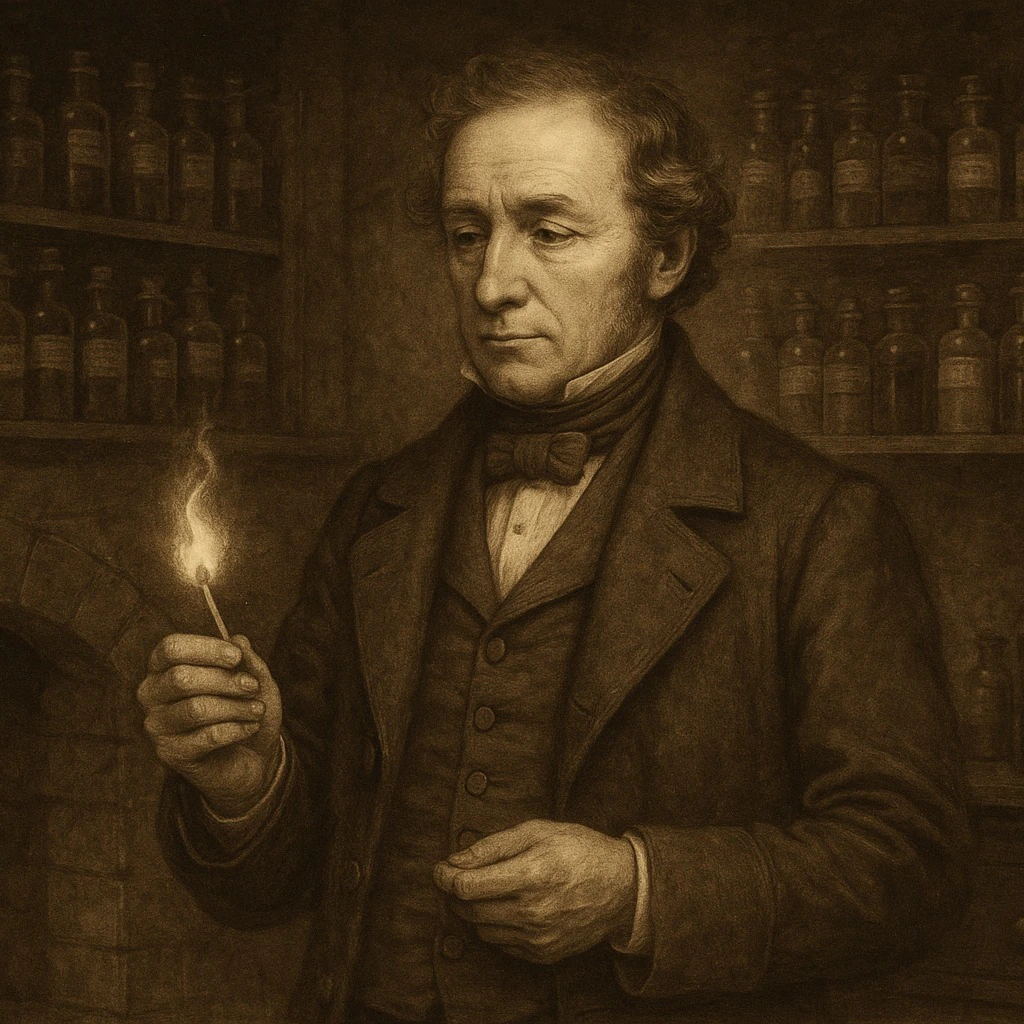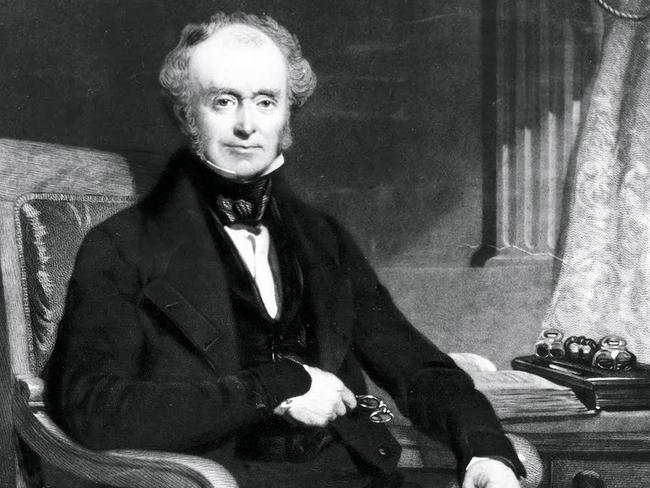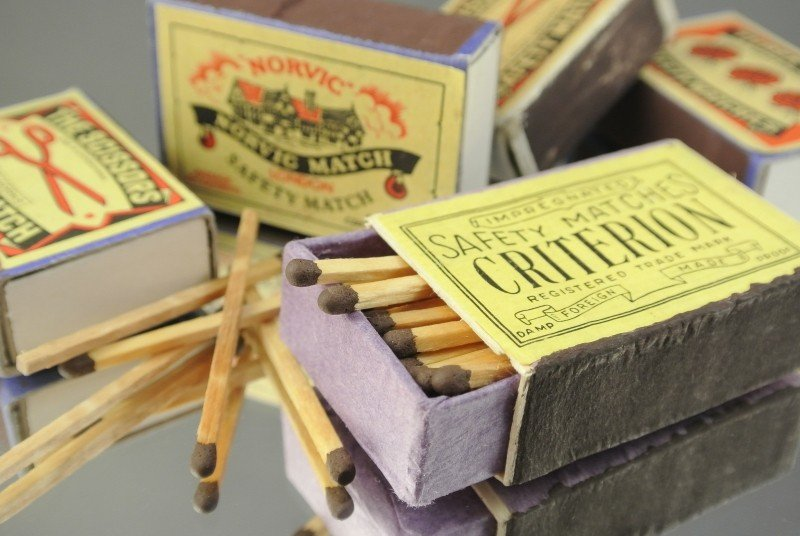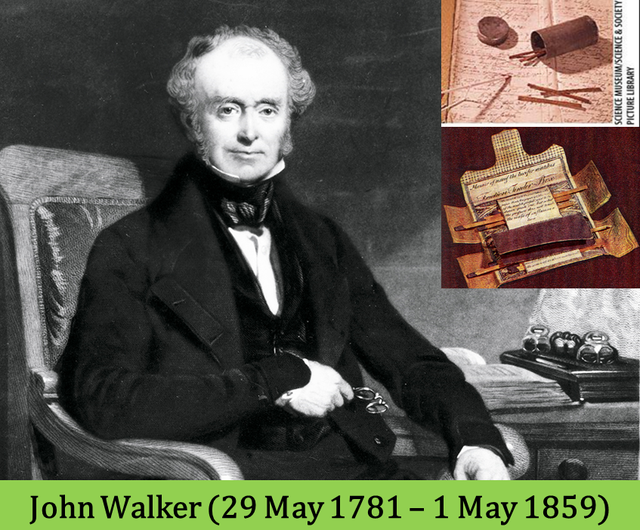When we strike a match, we barely think twice. It’s just a flick of the wrist a flame appears, and the moment moves on. But behind this tiny everyday miracle lies the story of John Walker, a 19th-century chemist who changed the world in a flash and yet received almost none of the credit.
Walker invented the friction match, one of the most transformative tools of the modern age. But because he never patented his invention, others capitalized on his brilliance, and he died in obscurity. His story is both inspiring and tragic a reminder that innovation doesn’t always lead to recognition.

Lighting the Spark: The Birth of the Match
John Walker was a chemist and druggist from Stockton-on-Tees in northern England. In 1826, while experimenting with chemicals in his laboratory, he stumbled upon something remarkable. He had created a paste of potassium chlorate and antimony sulfide and was stirring it with a stick. When he attempted to scrape the dried glob off the end, it ignited with a sharp burst of flame.

This accidental discovery was the birth of the modern friction match a small, portable way to create fire instantly without flint or steel. Recognizing its potential, Walker began selling his “friction lights” from his pharmacy. Each came with a folded piece of sandpaper to ignite the stick by striking it.
Video:
John Walker: The Man Who Lit the World
The Missed Opportunity: No Patent, No Fortune
Despite inventing something revolutionary, Walker never patented his match. Some say he believed the invention wasn’t perfected enough. Others suggest he simply didn’t see the financial opportunity. Whatever the reason, the lack of a patent opened the door for others to profit from his idea.
One such man was Samuel Jones, who saw Walker’s match and quickly began manufacturing a similar product called “Lucifers.” Jones patented his version and marketed it aggressively, becoming one of the first match tycoons. Meanwhile, Walker faded into the background, largely forgotten by the very industry he had sparked.

A Quiet Legacy
John Walker never became a household name. He died in 1859, respected locally but with little recognition for his groundbreaking invention. Unlike Thomas Edison or Alexander Graham Bell, Walker’s legacy was swallowed up by corporate growth and patent law.
Yet, what he created forever changed human life. Before Walker, fire was inconvenient requiring flint, steel, or cumbersome chemical reactions. After Walker, fire was immediate. The friction match brought warmth, light, and cooking to countless households. It ignited industrial progress and fueled everyday life, one spark at a time.
Video:
The Accidental Invention of Matches: John Walker’s Fiery Twist!
The Irony of Invention
Walker’s story raises an important question: Is it better to be first or to be famous? In Walker’s case, being first didn’t bring fame or fortune. Others took the spotlight, but history eventually found its way back to him. Today, historians and chemists recognize John Walker as the true pioneer of the matchstick, even if his name never appeared on a patent.

Conclusion: Unsung but Unforgettable
John Walker may have died without wealth or widespread fame, but he left a legacy that burns bright. His invention lit the world literally and reshaped how humans interact with fire. Though others profited from his idea, it was Walker who struck the first match.
So the next time you light a candle, a campfire, or even a birthday cake, remember the man who made it possible. A quiet chemist with a spark of genius John Walker, the forgotten flame-bringer of the modern world.


